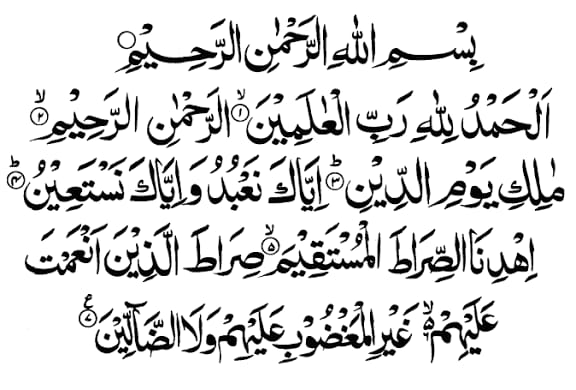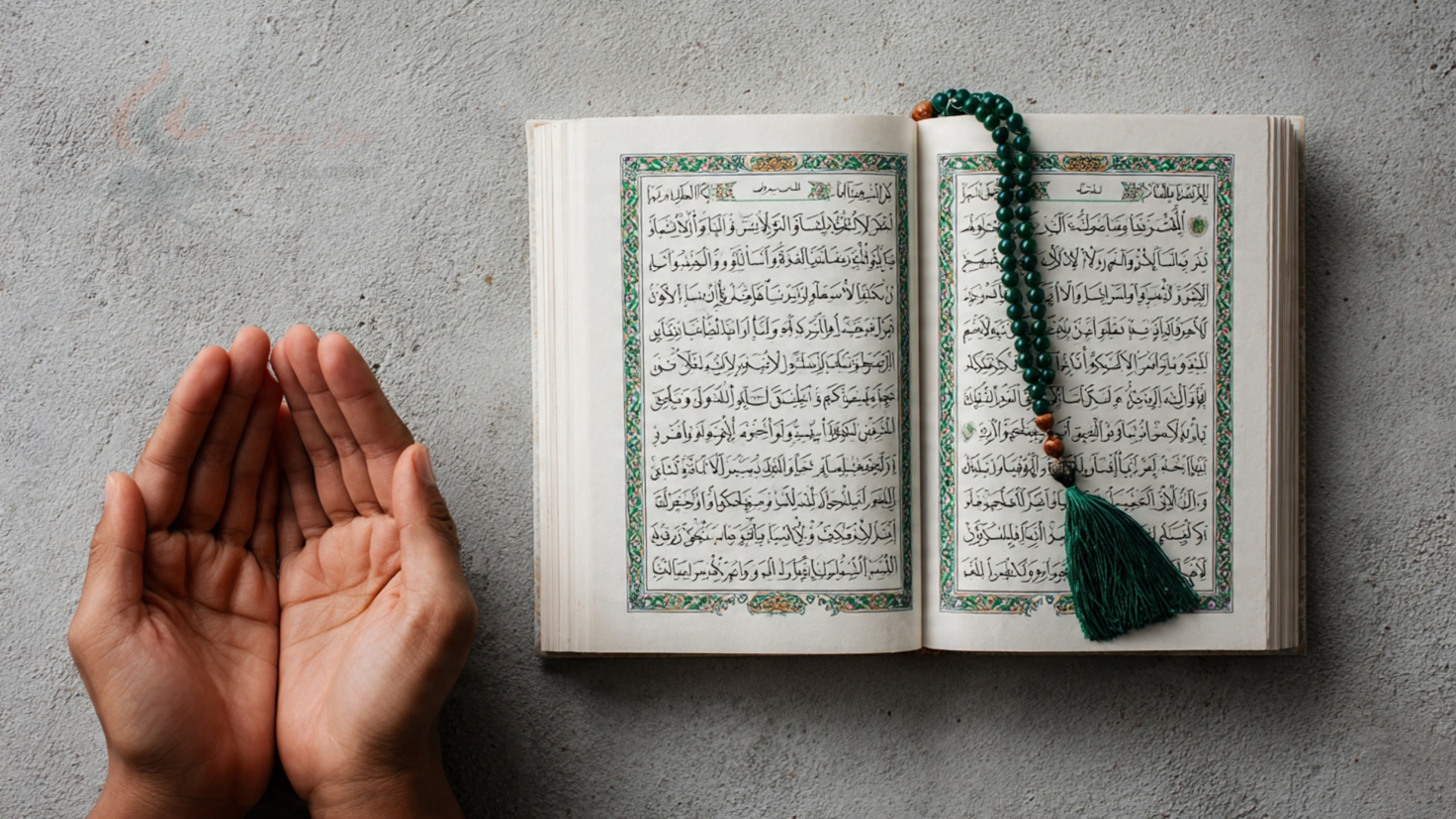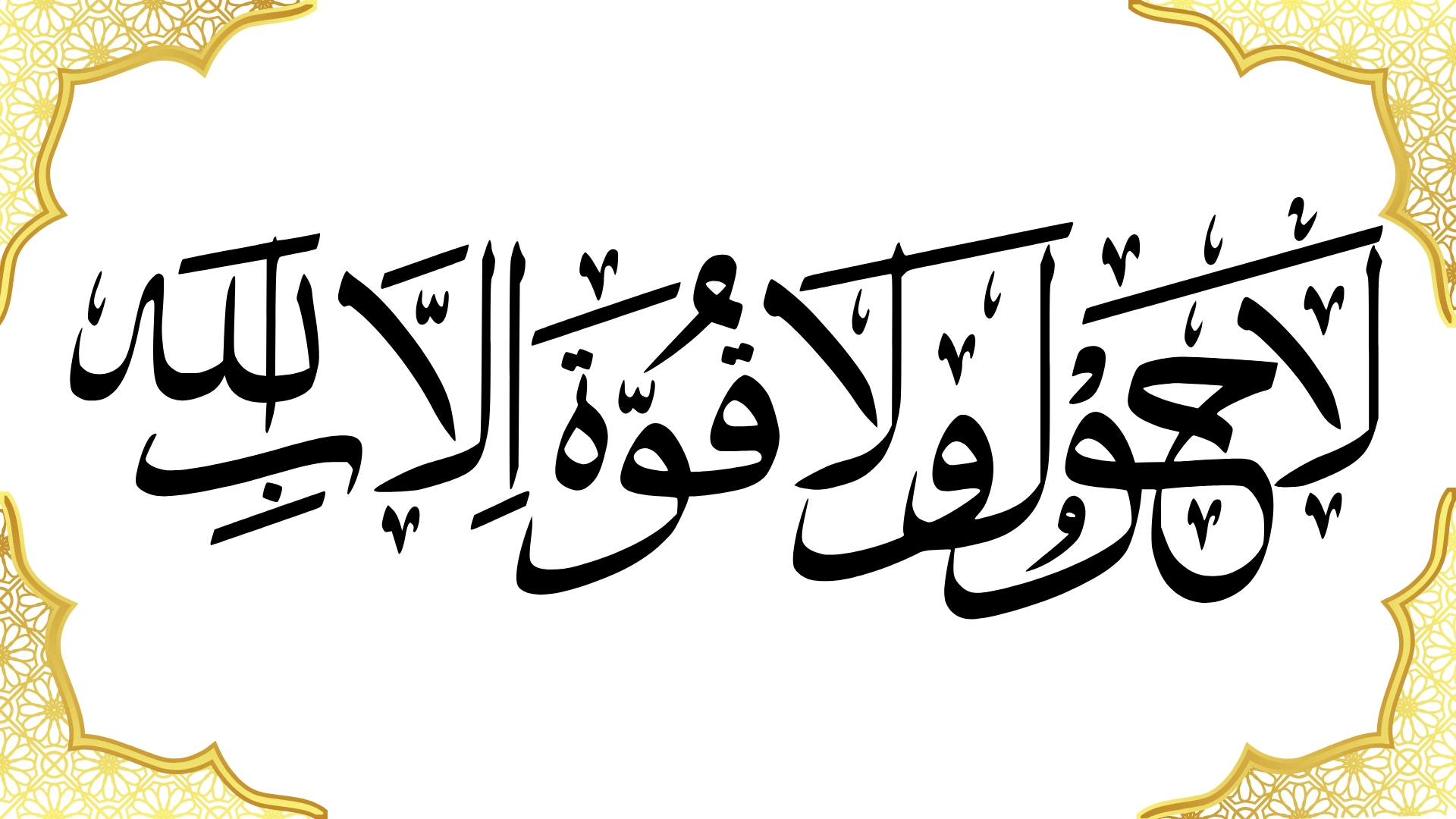Surah Al-Fatiha, the first chapter of the Quran, holds a deeply significant place in Islamic teachings. It is often called “The Opening” due to its position at the very beginning of the Quran. Muslims recite Surah Al-Fatiha in every unit of obligatory and voluntary prayers, making it an intrinsic aspect of daily worship. This chapter consists of seven profound verses, each rich in meaning and guidance. Its themes encompass the essential elements of faith, gratitude, submission, and divine guidance.
The Significance of Surah Al-Fatiha
Surah Al-Fatiha is regarded as the “Mother of the Book” (Umm al-Kitab) by scholars. Its significance lies not just in its position within the Quran but also in the way it encapsulates core Islamic beliefs in a concise form. The Prophet Muhammad (peace be upon him) stated, “Alhamdulillahi Rabbil Aalameen [Praise be to Allah, Lord of all the worlds] is the Seven Oft-Repeated Verses and the Great Quran I have been given.” This underscores its unique status among all chapters of the Quran.
The chapter is also referred to as Al-Sab’ Al-Mathani, meaning “The Seven Oft-Repeated Verses.” This is because Muslims repeat it during their prayers, establishing its foundational importance in their spiritual routine. Additionally, it serves as a gateway to understanding the Quran, summarizing its themes while serving as a prayer for divine guidance.

Breakdown of the Themes
Each verse of Surah Al-Fatiha provides a unique layer of meaning. Together, they form a cohesive and deeply spiritual supplication. Below is a closer look at its themes.
Surah Fatiha Transliteration, Translation
بِسۡمِ ٱللَّهِ ٱلرَّحۡمَٰنِ ٱلرَّحِيمِ
Bismillah hir rahman nir raheem
اللہ کے نام سے شروع جو نہایت مہربان ، رحمت والاہے۔
In the name of Allah, the Entirely Merciful, the Especially Merciful.
ٱلۡحَمۡدُ لِلَّهِ رَبِّ ٱلۡعَٰلَمِينَ
Alhamdu lillaahi Rabbil ‘aalameen
سب تعریفیں اللہ کے لئے ہیں جو تمام جہان والوں کاپالنے والا ہے۔
[All] praise is [due] to Allah, Lord of the worlds –
ٱلرَّحۡمَٰنِ ٱلرَّحِيمِ
Ar-Rahmaanir-Raheem
بہت مہربان رحمت والا۔
The Entirely Merciful, the Especially Merciful,
مَٰلِكِ يَوۡمِ ٱلدِّينِ
Maaliki Yawmid-Deen
جزا کے دن کامالک۔
Sovereign of the Day of Recompense.
إِيَّاكَ نَعۡبُدُ وَإِيَّاكَ نَسۡتَعِينُ
Iyyaaka na’budu wa lyyaaka nasta’een
ہم تیری ہی عبادت کرتے ہیں اور تجھ ہی سے مدد چاہتے ہیں ۔
It is You we worship and You we ask for help.
ٱهۡدِنَا ٱلصِّرَٰطَ ٱلۡمُسۡتَقِيمَ
Ihdinas-Siraatal-Mustaqeem
ہمیں سیدھے راستے پر چلا۔
Guide us to the straight path –
صِرَٰطَ ٱلَّذِينَ أَنۡعَمۡتَ عَلَيۡهِمۡ غَيۡرِ ٱلۡمَغۡضُوبِ عَلَيۡهِمۡ وَلَا ٱلضَّآلِّينَ
Siraatal-lazeena an’amta ‘alaihim ghayril-maghdoobi ‘alaihim wa lad-daaalleen
ان لوگوں کا راستہ جن پر تو نے احسان کیا نہ کہ ان کا راستہ جن پر غضب ہوا اور نہ بہکے ہوؤں کا۔
The path of those upon whom You have bestowed favor, not of those who have evoked [Your] anger or of those who are astray.
Praise and Gratitude to Allah (Verses 1-2)
The chapter opens with “Bismillah-ir-Rahman-ir-Rahim” (In the name of Allah, the Most Compassionate, the Most Merciful). This verse establishes the essence of divine mercy and compassion as central to the character of Allah.
Following this, the verse “Alhamdulillahi Rabbil Aalameen” (All praise is due to Allah, the Lord of all worlds) declares the universal sovereignty of Allah. It reminds believers of their dependency on Allah and instills gratitude. Recognizing Allah as the Lord of all worlds positions Him as the Creator, Sustainer, and ultimate authority over everything.
Mercy and Compassion (Verse 3)
The repetition of “Ar-Rahman Ar-Raheem” (The Most Compassionate, the Most Merciful) emphasizes Allah’s infinite mercy. It reminds believers of Allah’s benevolent nature. This acknowledgment builds a relationship of love and hope between humans and their Creator.
Sovereignty Over Judgment (Verse 4)
The verse “Maliki Yawm-id-Deen” (Master of the Day of Judgment) refers to Allah’s ultimate authority over the Day of Judgment. This verse shifts focus to accountability and reminds believers to live righteous lives, as they will ultimately face divine justice.
Declaration of Worship and Dependency (Verse 5)
“Iyyaka Na’budu wa Iyyaka Nasta’een” (You alone we worship, and You alone we ask for help) serves as a declaration of faith. This verse eliminates any form of idolatry or associating partners with Allah. It also signifies complete reliance on Allah for all needs. This declaration strengthens the believer’s bond with their Creator, creating a sense of purpose and focus in life.
Guidance to the Straight Path (Verses 6-7)
The final two verses form the supplication within Surah Al-Fatiha. “Ihdinas-Siratal-Mustaqeem” (Guide us to the Straight Path) is an appeal for divine guidance. This path refers to righteous living, as prescribed by Allah. The subsequent description of “the path of those who have received Your favor, not those who have gone astray” draws attention to human accountability. It highlights consequences for actions, urging believers toward righteousness.
Virtues of Surah Al-Fatiha
A Unique Chapter in Revelation
Surah Al-Fatiha was revealed in Mecca, reflecting the early foundational themes of Islam. Its revelation carried tremendous importance for the Prophet Muhammad (peace be upon him) and his followers. One narration describes the angel Jibreel introducing it as a divine gift not revealed in previous scriptures.
Healing and Protection
Surah Al-Fatiha is often referred to as Ash-Shifa (The Cure). It has been used as a spiritual remedy throughout Islamic history. Muslims recite it to seek protection or healing, reinforcing the Quran’s holistic approach to the wellness of body and soul.
An Indispensable Part of Worship
The recitation of Surah Al-Fatiha in every unit of prayer underscores its significance in Islamic worship. The Prophet Muhammad (peace be upon him) said, “There is no prayer for the one who does not recite the opening of the Book [i.e., Surah Al-Fatiha].” This teaching highlights its role as the foundation of ritual worship, uniting Muslims worldwide through a shared spiritual practice.
Source of Unparalleled Eloquence
The linguistic beauty of Surah Al-Fatiha is unparalleled. Its structure, rhythm, and depth of meaning serve as a testament to the Quran’s divine origin. The chapter appeals to people of all intellectual and emotional capacities, showcasing its universality.
Themes Intertwined with Faith and Practice
Surah Al-Fatiha integrates key principles of faith into daily life. It teaches gratitude toward Allah and trust in His guidance. This leads to humility and sincerity in worship. The chapter also establishes the importance of accountability, urging self-discipline and moral responsibility.
The supplication for guidance serves as a daily reminder of one’s purpose and responsibilities. It connects passages from the Quran with practical living, urging believers to align their spiritual reflection with actions.
Relevant Names of Surah Al-Fatiha
Scholars have identified several names for Surah Al-Fatiha, reflecting its multifaceted significance:
- Al-Hamd (The Praise) – For its emphasis on glorifying Allah.
- Ash-Shifa (The Cure) – Highlighting healing benefits for physical and spiritual ailments.
- Ar-Ruqyah (The Healing Incantation) – Used for spiritual protection in many traditions.
- Al-Asas (The Foundation) – Serving as the basis of faith and practice.
- Al-Wafiyah (The Sufficient) – Signifying its completeness.
These titles reflect how Surah Al-Fatiha serves various roles in the religious, spiritual, and moral lives of Muslims.
Relevance in Modern Times
Surah Al-Fatiha continues to hold incredible relevance in modern life. Its universal themes resonate with many, regardless of the changing dynamics of society. The chapter reminds believers of the importance of divine guidance in navigating moral complexities. It compels Muslims to reflect on their relationship with their Creator and live with purpose.
The supplication for guidance finds added significance in today’s fast-paced world. Many individuals face moments of confusion, emotional struggles, and ethical dilemmas. Surah Al-Fatiha offers solace, hope, and a blueprint for aligning actions with faith. Recited daily, it also fosters a sense of unity among Muslims globally. Despite cultural and linguistic differences, Surah Al-Fatiha forms a shared experience—binding individuals through a singular act of worship.
Unique Perspective on Surah Al-Fatiha
Its themes remain perpetually relevant, addressing the human need for spiritual connection. It serves as both a personal supplication and a collective expression of faith. Its simple yet profound verses provide clarity in moments of doubt and strength in times of hardship.
The chapter also bridges the gaps between religious practice and moral living. Its continuous inclusion in daily prayers ensures a grounded approach to life. Surah Al-Fatiha is not only a chapter of the Quran—it is a mirror of a believer’s path toward self-fulfillment and divine satisfaction. Surah Al-Fatiha reminds us that success lies in seeking guidance. By reflecting on its teachings, each individual can align their life with values that transcend material existence. It stands as a timeless guide to faith, accountability, and the pursuit of righteousness.
Conclusion
The importance of Surah Al-Fatiha in Islam cannot be overstated. Its concise yet profound message resonates with believers worldwide. It serves as the spiritual light that illuminates every aspect of life. By encouraging gratitude, guiding worship, and affirming moral responsibility, it encapsulate the essence of the Quran.
Its timeless relevance continues to inspire, uplift, and guide individuals toward betterment, both spiritual and worldly. The Opening chapter of the Quran is aptly named; it opens doors to endless wisdom and a deeper connection with the Creator.




